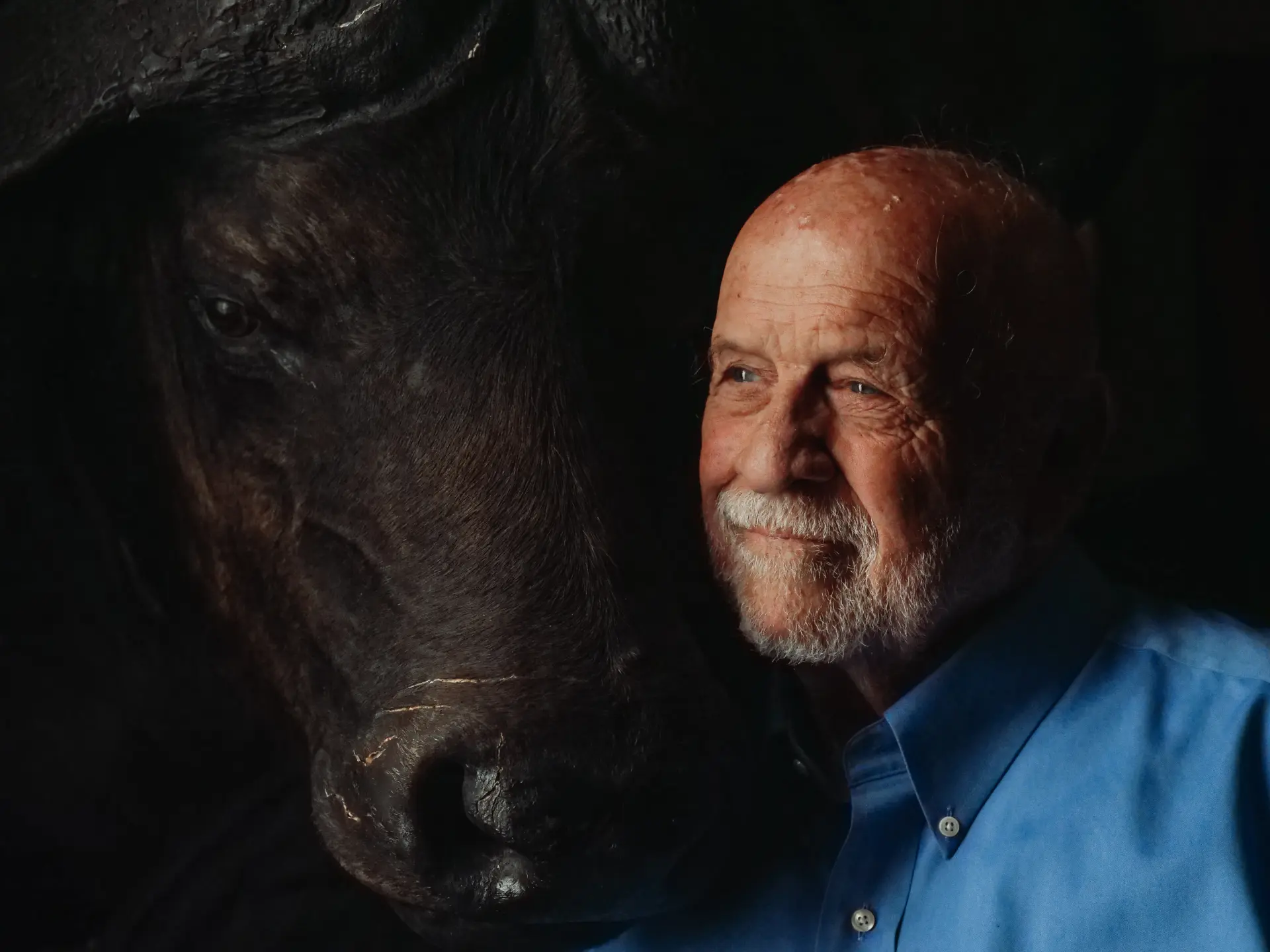
Indications that an older adult may require caregiver support?
As our loved ones age, it becomes important to recognize the signs that they may require additional support. Whether it be physical, emotional

One of the most common symptoms of dementia is memory loss. Patients may become unable to remember names, dates, or even where they are. They may also have difficulty completing simple tasks such as making a shopping list.
To help your patients with memory loss, be patient and consistent. Explain things to them in a way that they can understand, and don’t force them to do things that they are uncomfortable with.
Another common symptom of dementia is changes in behaviour. Patients may become confused or agitated, or withdraw from society altogether.
Dementia can also affect a patient’s judgment. They may make poor decisions, such as choosing to gamble or spend money recklessly.
Dementia can also cause changes in personality. Patients may become more irritable or aggressive, or less independent. It is important to be aware of these changes and take them into account when providing care for your patients.
One of the most common symptoms of dementia is difficulty finding the right word. Patients may be unable to spell or pronounce words correctly, or may forget what words mean.
Another common symptom of dementia is difficulty following instructions. Patients may become confused or forget what to do next.
One of the most significant symptoms of dementia is a lack of interest in daily activities. Patients may become uninterestedin friends, hobbies, or even food.
Dementia can also cause changes in motor coordination and behavior. Patients may become unable tomove around freely, or develop problems with speech or eating.
Poor Vision
One of the most common symptoms of dementia is poor vision. Patients maybecome more difficult toorientate themselves, or experience problems reading, writing, or seeing clearly.
Hallucinations and delusions are some of the most common symptoms of dementia. Patients mayexperience things that aren’t actually there, such asseeing people or animals that aren’texistent.
Depression and suicidal thoughts are common symptoms of dementia. Patients maybecome withdrawn, or display anger oraggressivebehavior without provocation.
Dementia affects millions of people worldwide, and it is important for healthcare providers to be aware of the symptoms so that they can provide adequate care for their patients.
To help your patients with this simptoms, be patient and persistent. Explain things to them in a way that they can understand, and provide support when they need it.

As our loved ones age, it becomes important to recognize the signs that they may require additional support. Whether it be physical, emotional

how to apply healthy sleep habits into elders?
Some tips to help you apply healthy sleeping habits into your elders’ lives:

There are different types of caregivers, each with their own unique set of skills and abilities.

Elder care is a business that is on the rise. There are more and more people looking for elder care services every year. But, what does it mean to be an elder care provider?